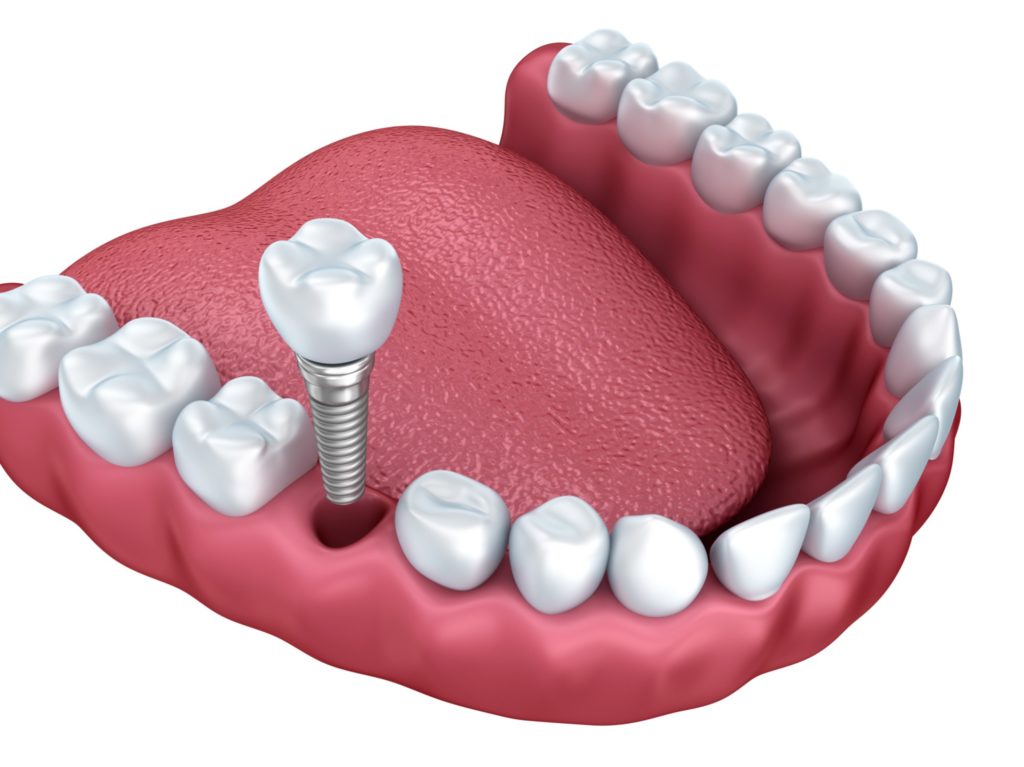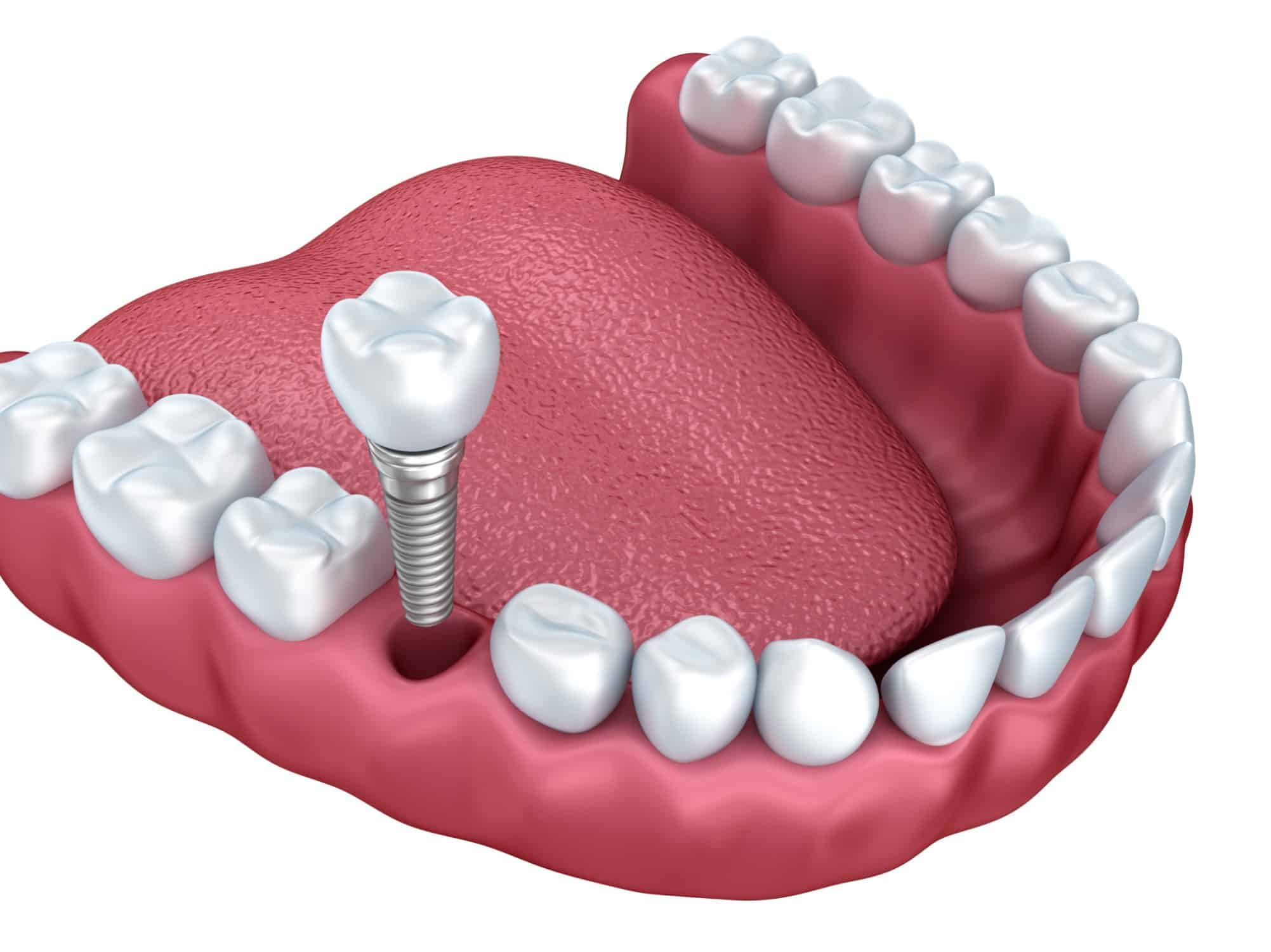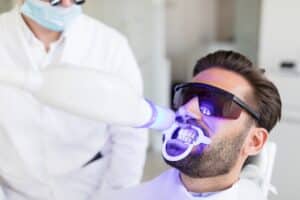Dental implants are one of the most adaptable, durable alternatives for several dental faults like missing teeth as a result of natural causes or injuries. Studies indicate that dental implants have a 98 % success rate and have proven to be a better, long-standing option than dentures. If you are not sure what a dental implant is, here is a concise summary :
Definition
A dental implant is an artificial tooth that acts as a replacement for the root of a missing tooth. Implants provide a firm foundation for permanent or removable replacement teeth.
Why do you need a dental implant?
In modern day, the basis for a dental implant is called Osseointegration, which is majorly a biologic process where materials such as titanium form an intimate bone to bone relationship.
- You may need a dental implant to replace an old one that you lost from an injury, a disease, a defect etc.
- You may need to get back your vibrant smile, without an implant, you may be shy and not confident enough to smile, in such a case you need an implant.
- Scientifically, as time goes on, if you do not get an implant for a lost tooth, there are tendencies that it will weaken your bones as well as the tooth around the missing teeth.
Can my body reject my dental implant?
Implants can’t be rejected; so long as it is placed on a healthy bone and is cared for properly. This is because there is no living cells or genetically coded material embedded in the implants. Dental implants are made of biocompatible titanium, thus allergies are extremely rare.
Nonetheless, there is a high probability that it will be rejected if you have a high titanium allergy; a titanium allergy is a slight reaction or hyper sensitization that occurs when the titanium comes in contact with the organism/person. Simply put, your implants may fail if you are allergic to titanium : a metal used for dental implants and considered biologically to be the most compatible of all metals used for dental implants.
Your body may also reject an implant if you have bacteria infested jaw bone prior to the implant due to lack of proper oral hygiene. The bacteria spread from implant to implant and then cause rejection by the body.
These are the few major reasons why your body may reject an implant and such implants will fail. Some minor reasons include: teeth grinding, no good care for the implants, etc. may lead to the fall of such implants.
Signs that your dental implant may be failing
- Loose implants
- Swelling and redness
- Packing food
- Pain when biting and difficulty in chewing
Poor implants can be fixed with therapeutic procedures, contact a dental specialist if you are experiencing any of the signs above.
Conclusively, dental implants do not decay, it is imperative to care for dental implants to prevent inflammation of the gum tissue. Regular brushing, flossing, dental checkups and professional cleanings are necessary for dental implants to last a lifetime.






